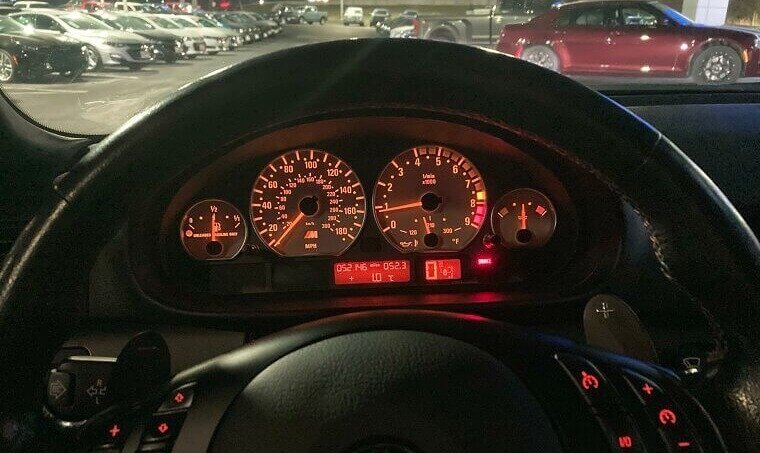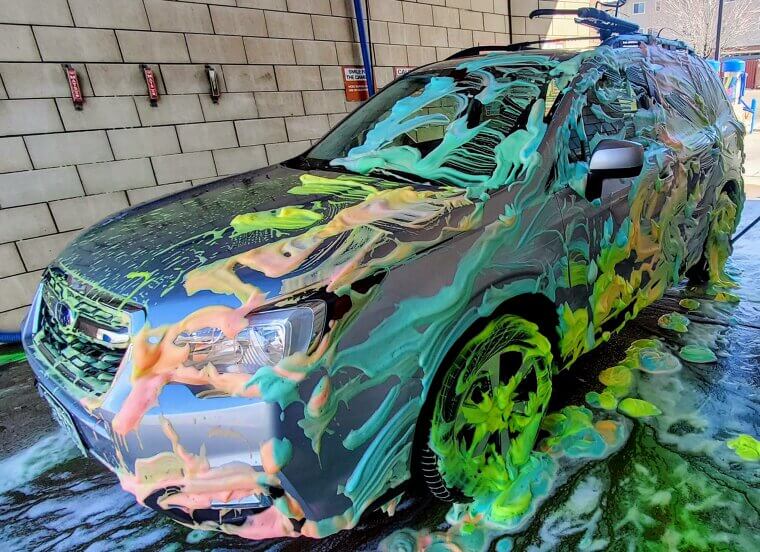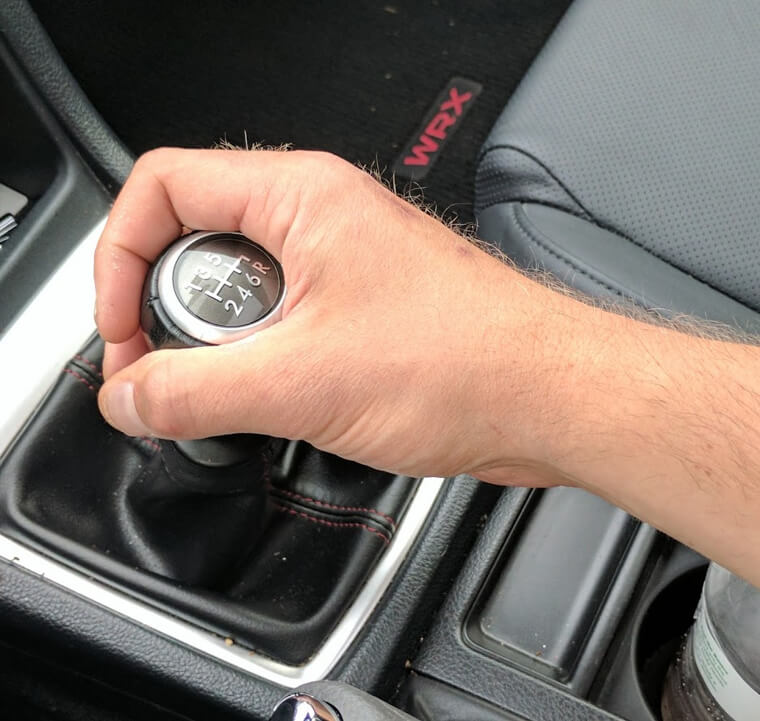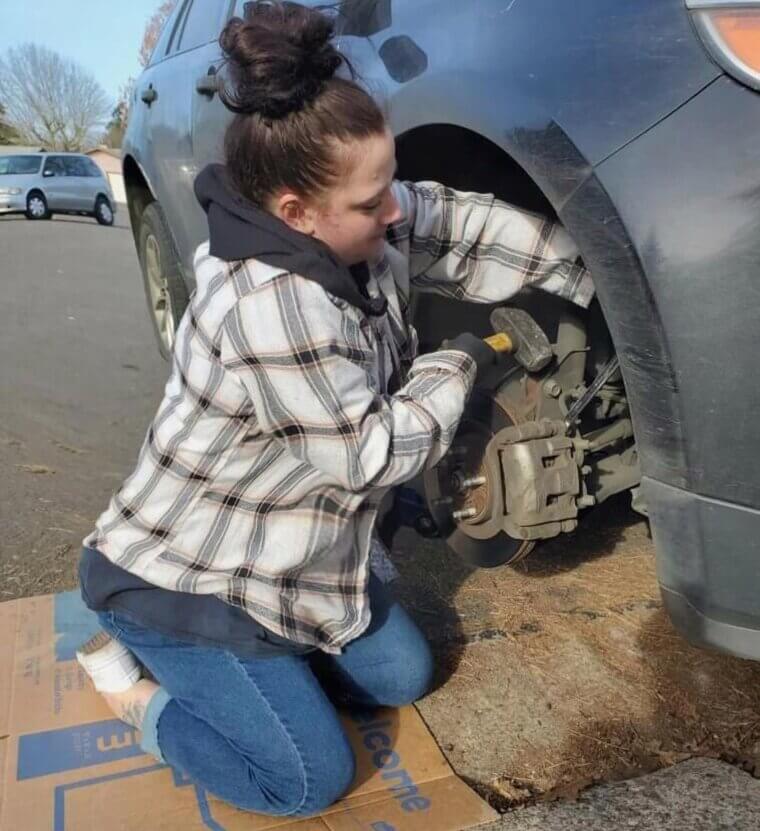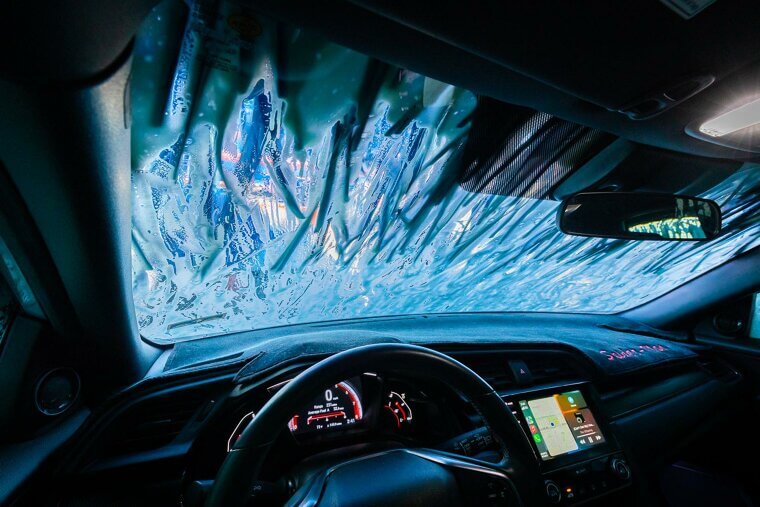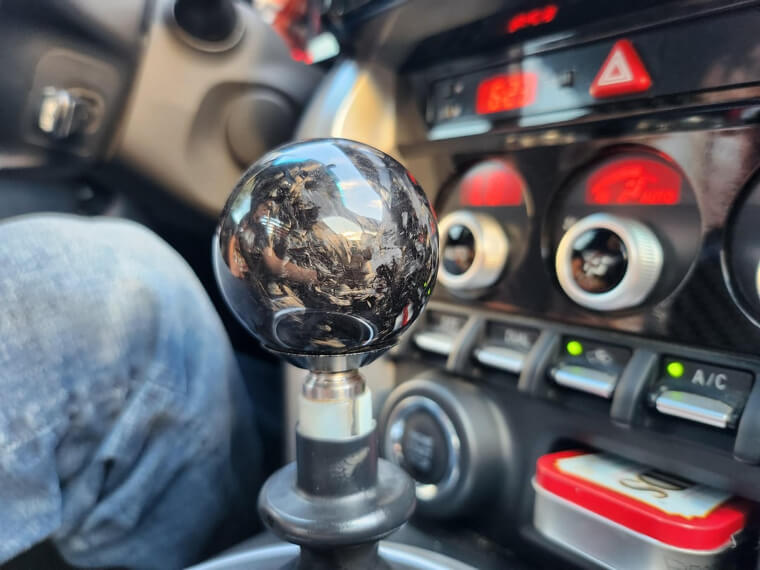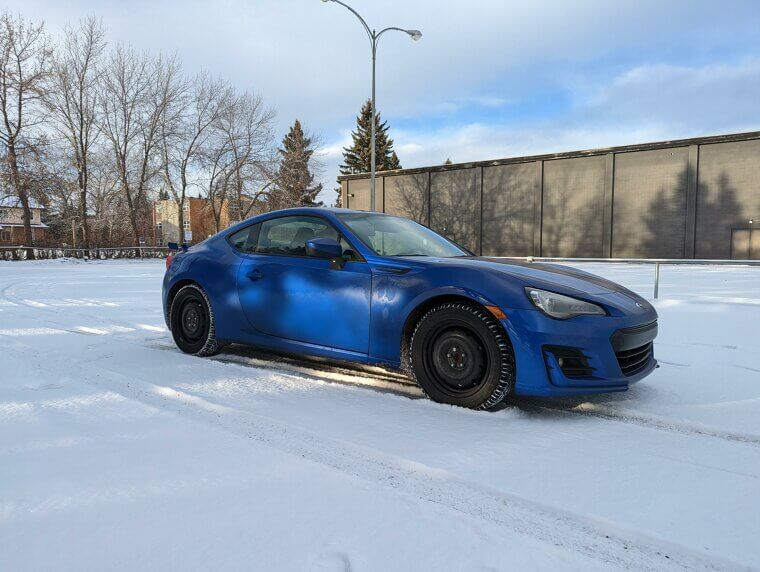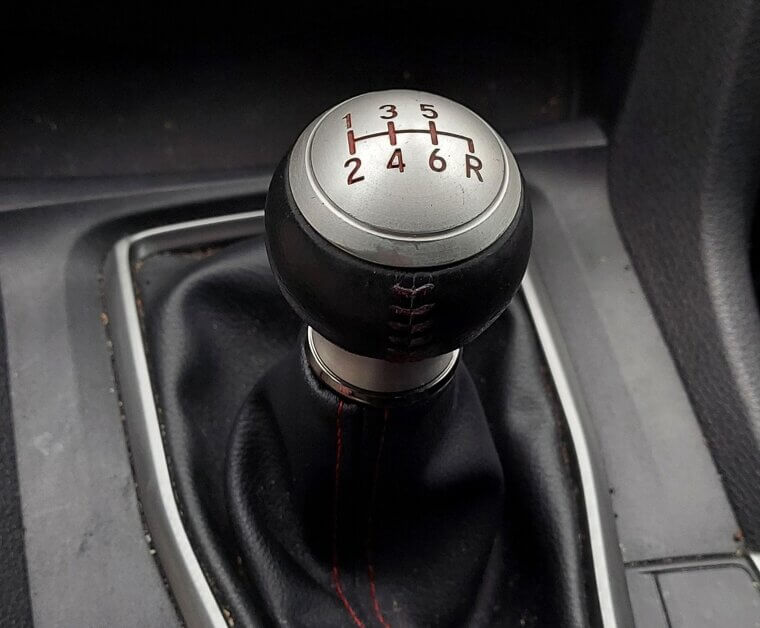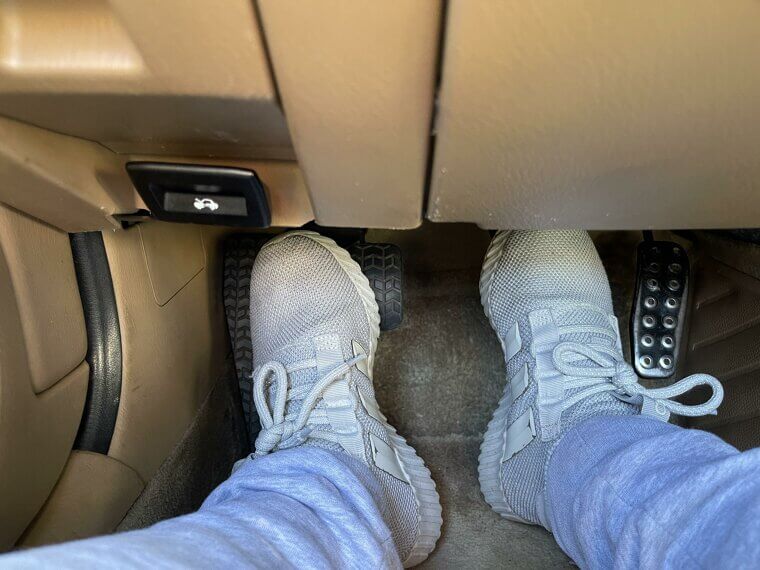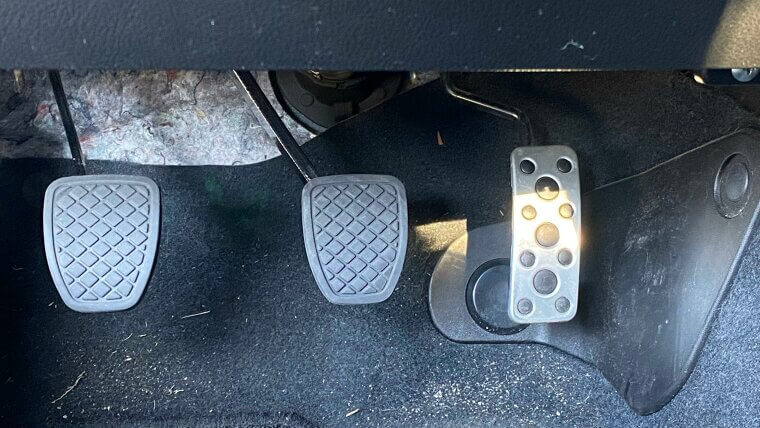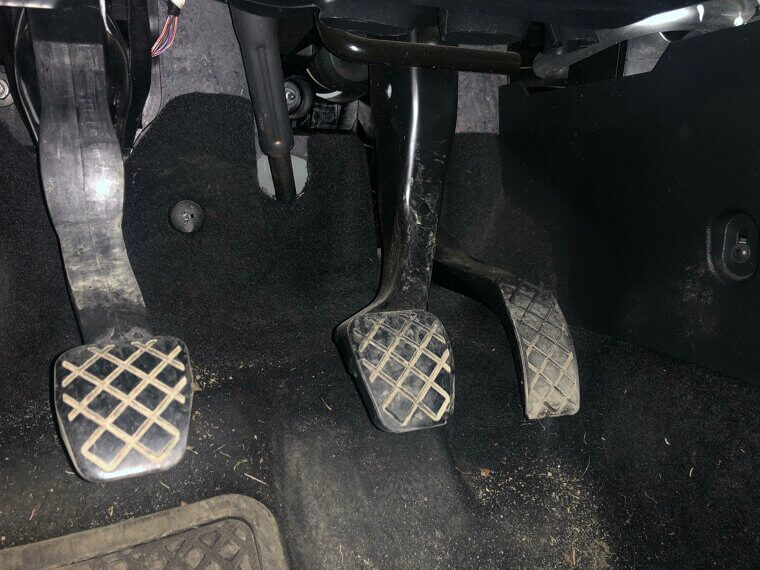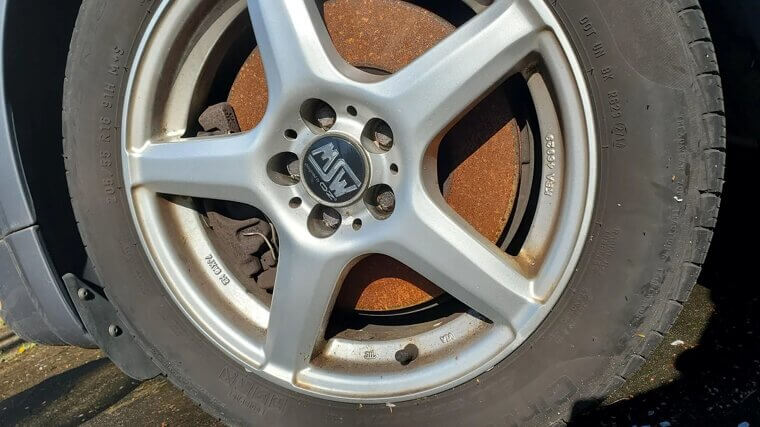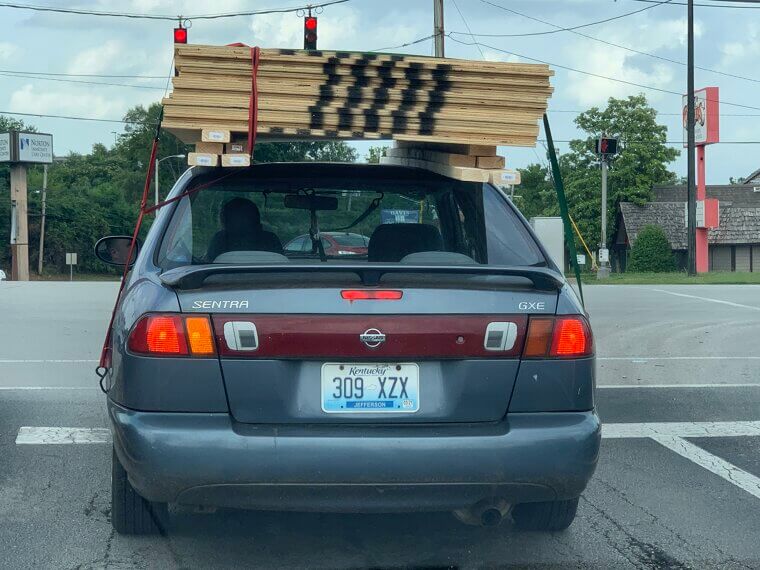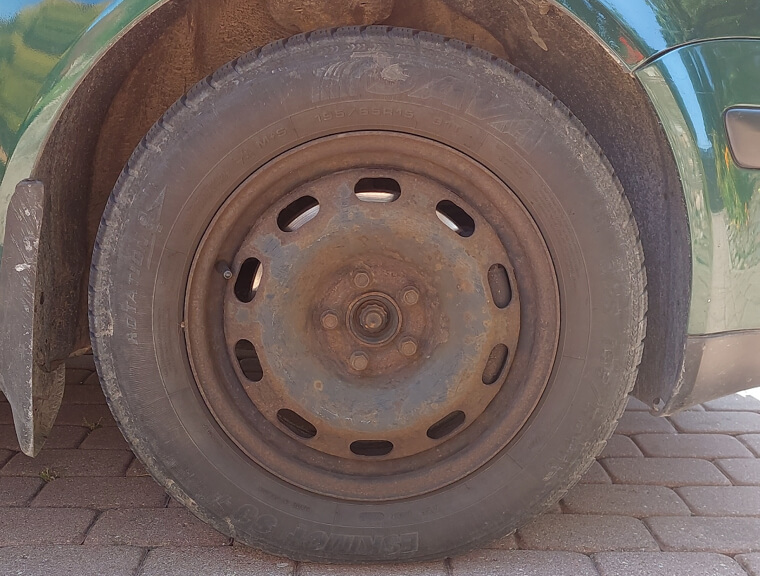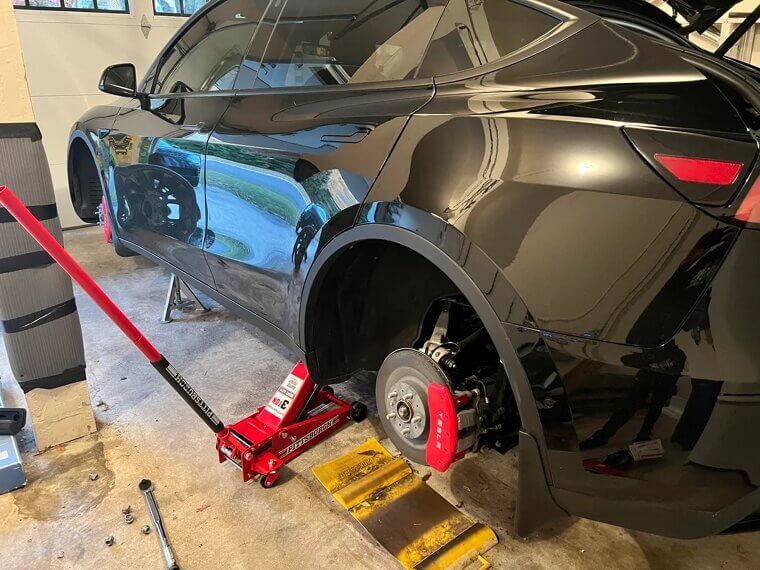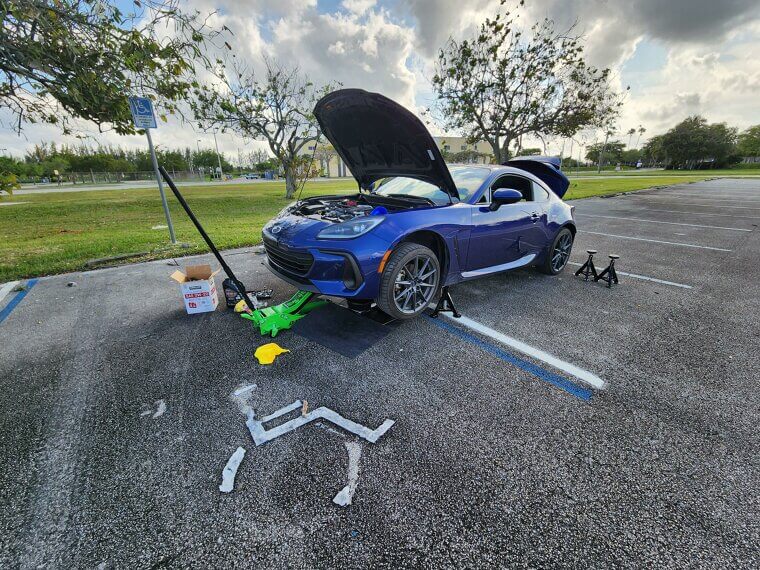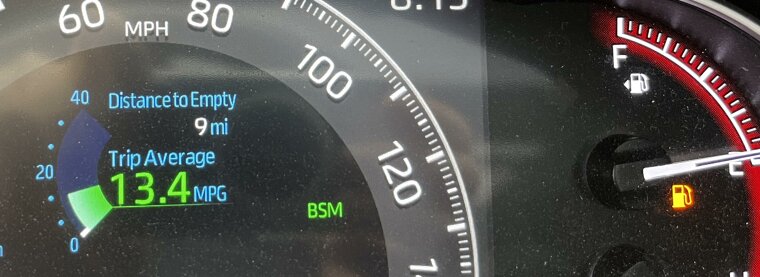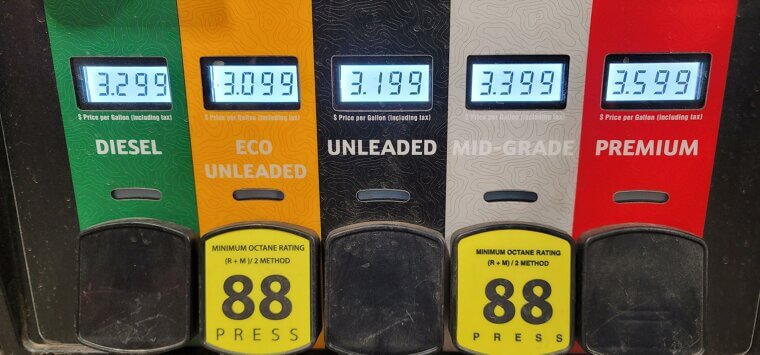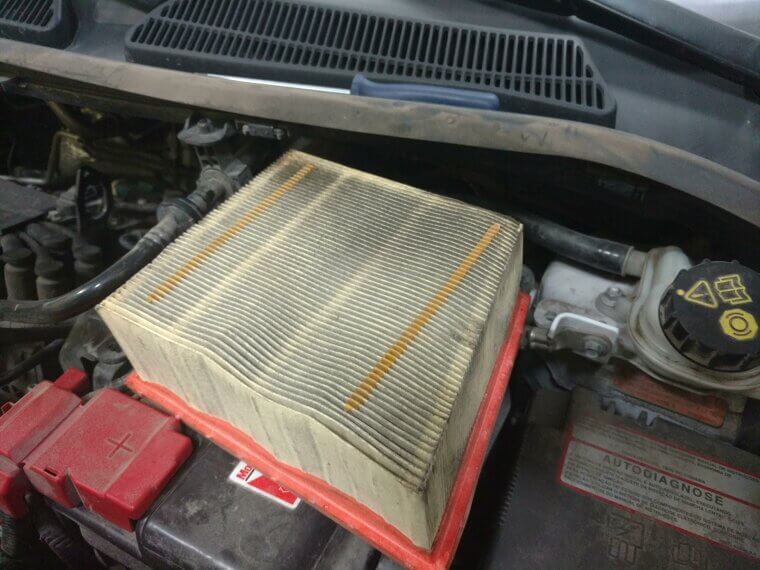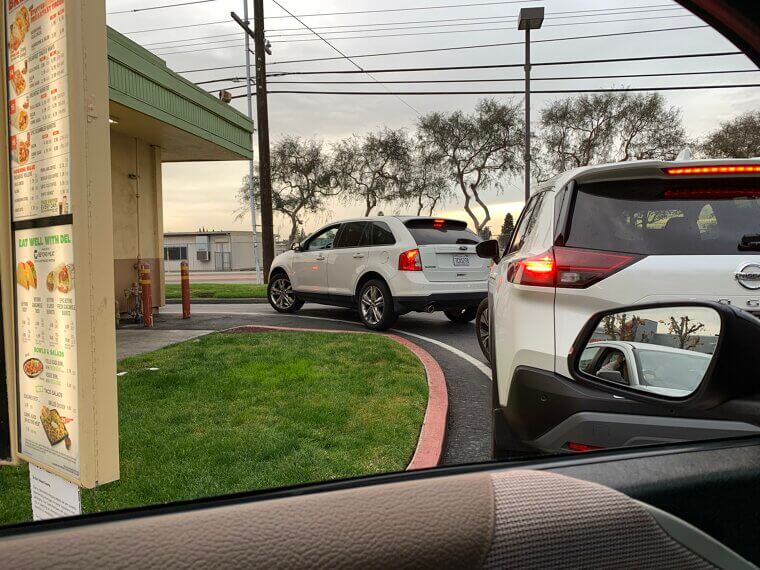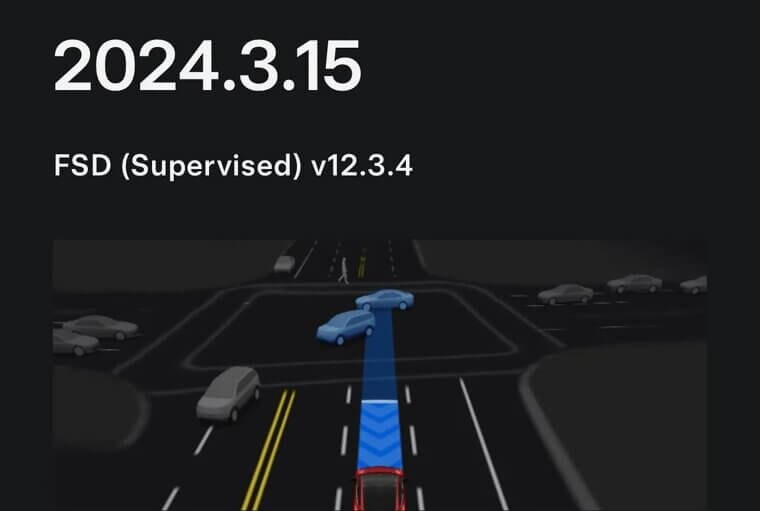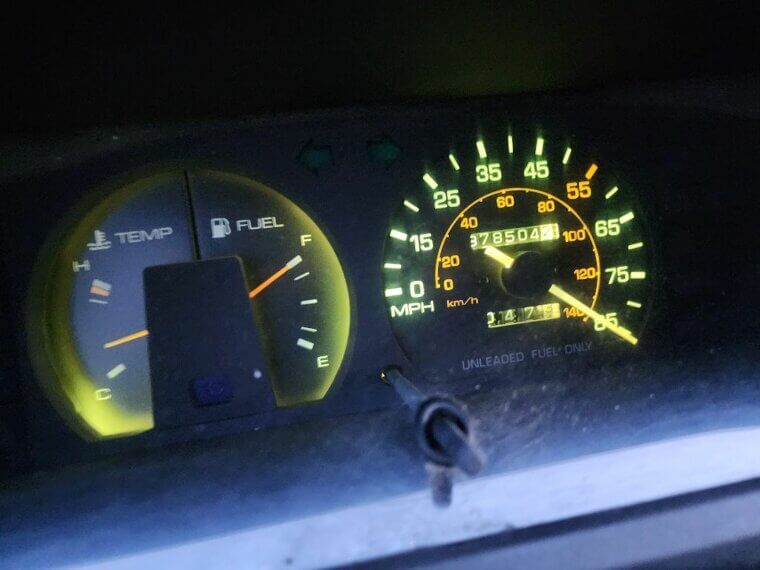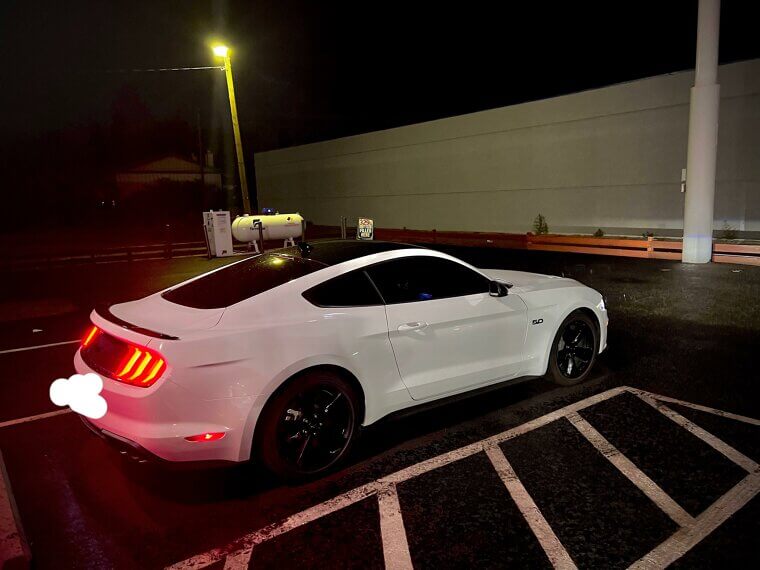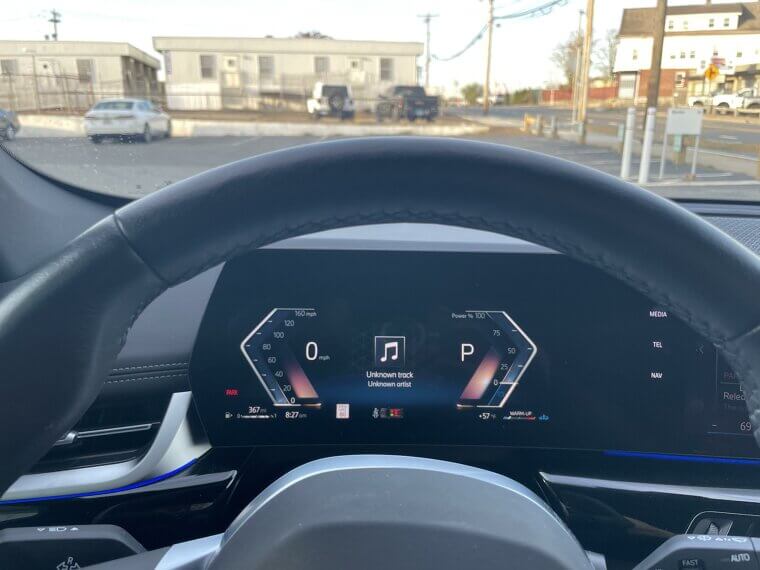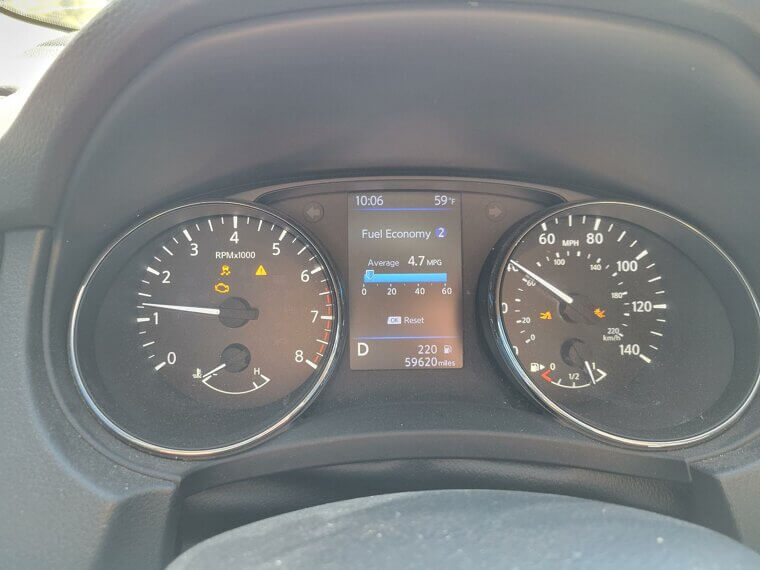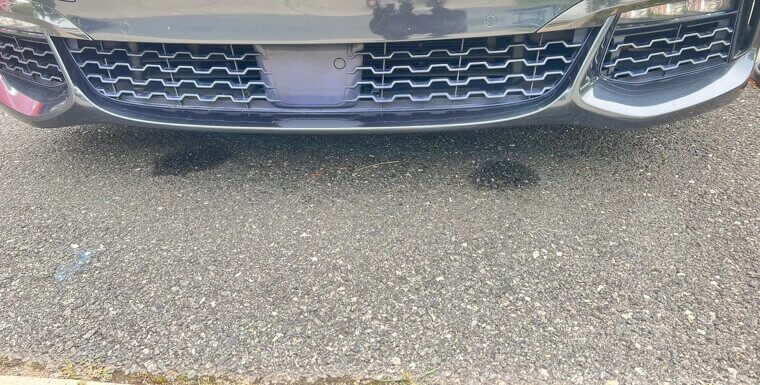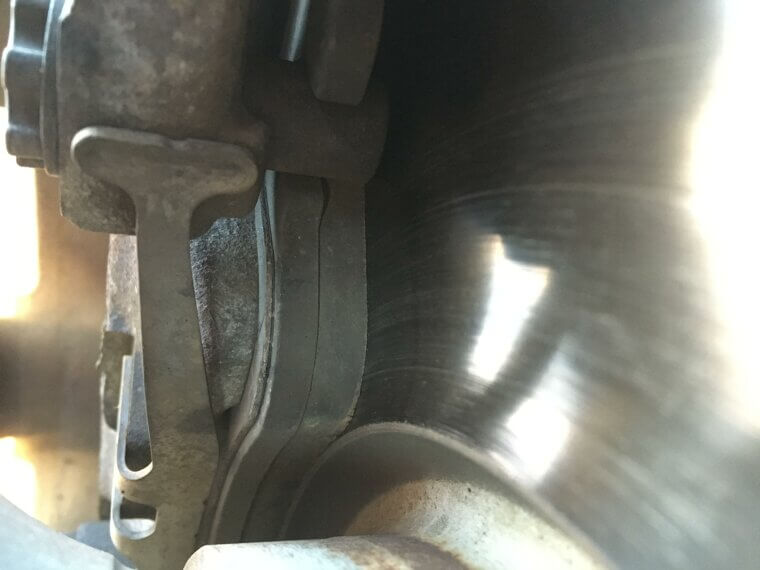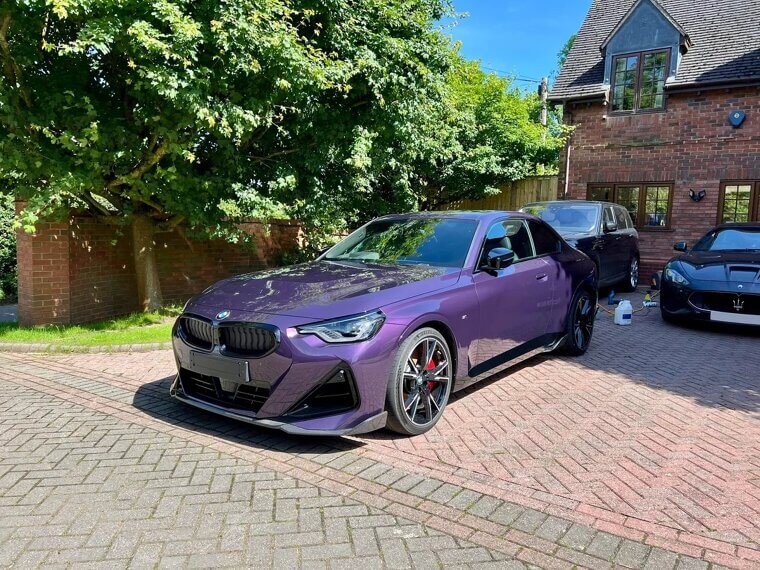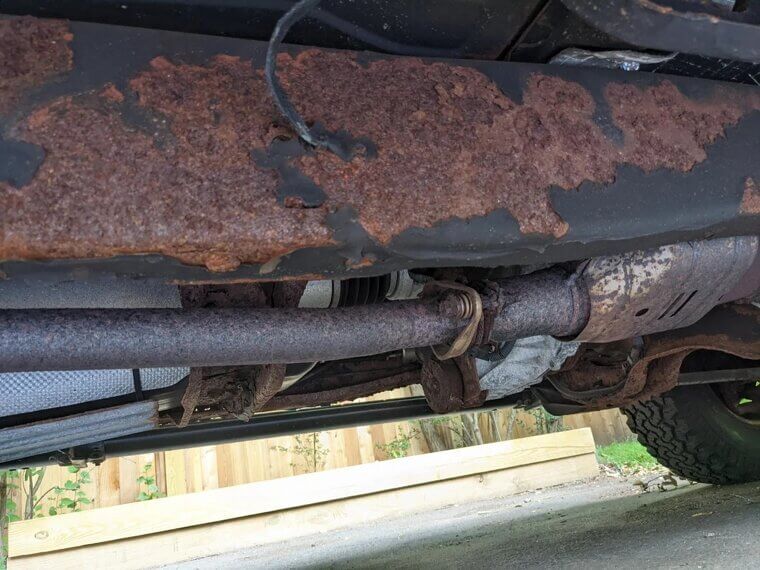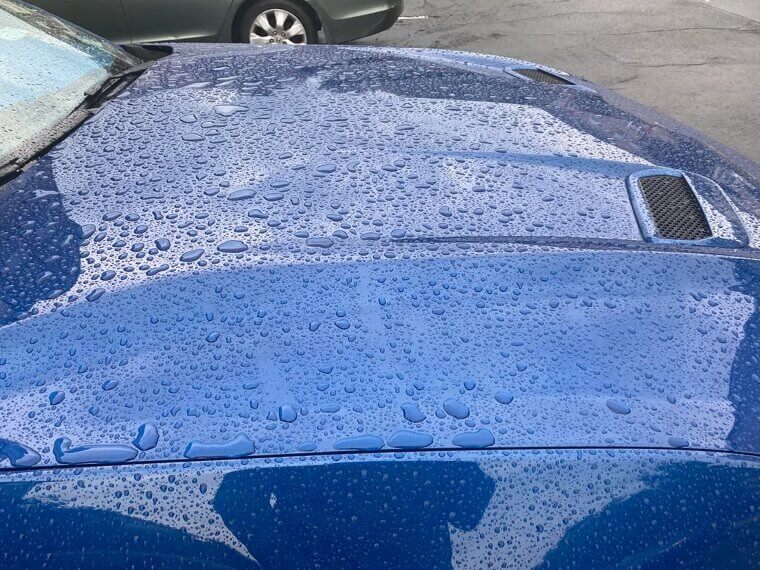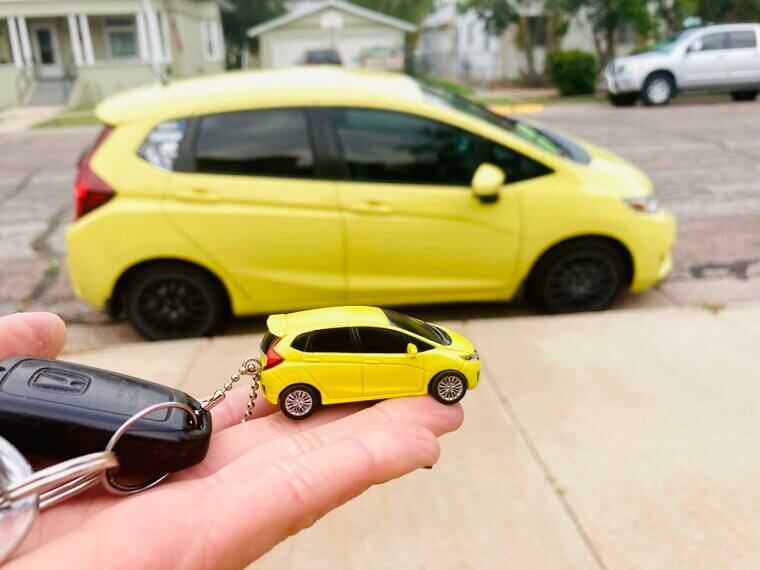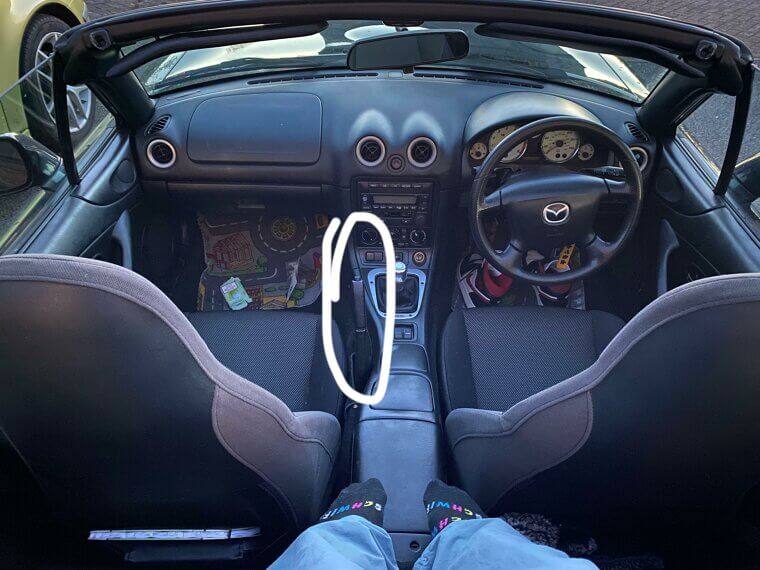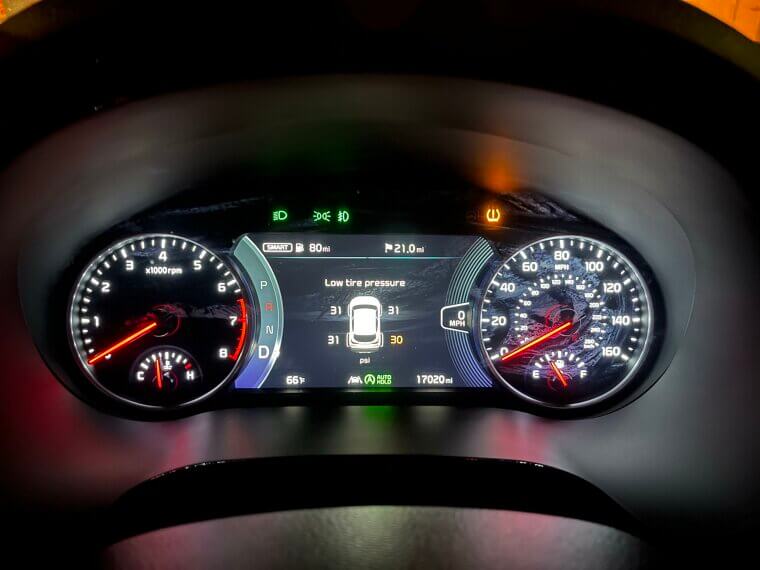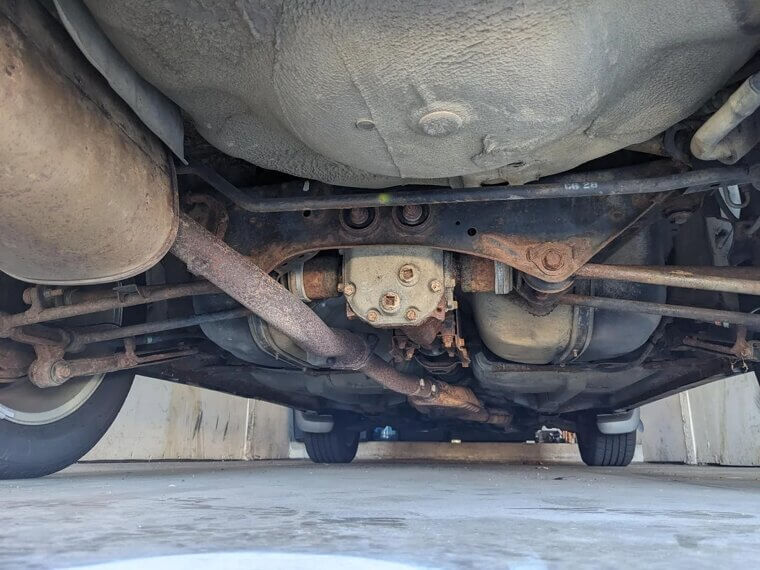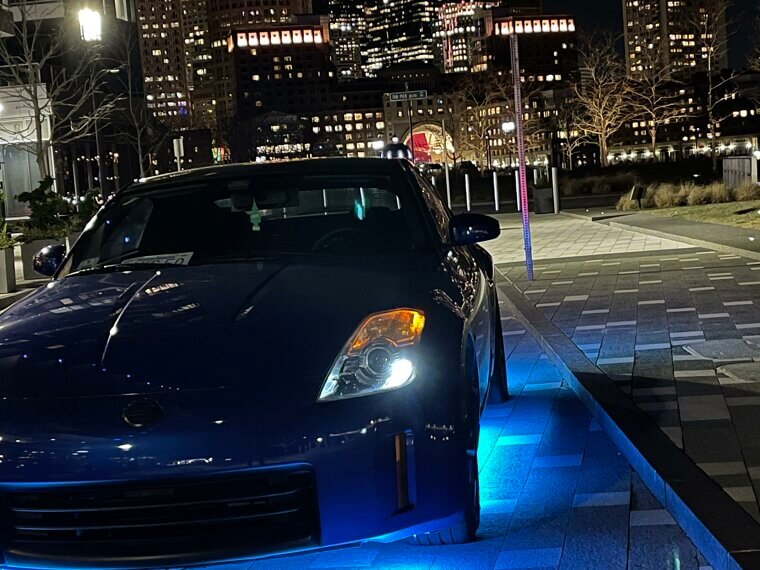Depending on the individual, driving is either a whole lot of fun or a whole lot of boring, but above all, driving is a whole lot of responsibility. These habits may be wearing out your vehicle at an alarming rate, which is not only bad news for you and your wallet, but for every other driver who shares the road with you as well. Do your part and avoid these common mistakes.
Harsh Chemicals
PSA for anyone who needs it: don’t throw a tub of bleach at your car. Harsh cleaning chemicals can ruin the paint while also damaging its protective coating. In general, always opt for vehicle-specific cleaning chemicals and supplies.
Resting on the Gear Stick
Every driver develops their own personal “style”, typically a very different one from what they were taught in driving school (or else there’d probably be fewer accidents). One such deviation is the placement of the hands - your instructor will have told you to keep both hands on the wheel whenever possible, but let’s face it, it’s so much more natural to keep one hand on the gear stick. Unfortunately, the added pressure causes plenty of unnecessary wear and tear.
Scheduled Maintenance
Assuming you’ve done everything correctly so far, the need for frequent repairs should be diminished, but it’s still a good idea to get your car checked regularly, in particular, to avoid any issues regarding your brakes and oil.
Abrasive Car Washes
There’s nothing more satisfying than power-washing a great old splatter of gunk from your car and watching it all sink down in a clean, even line. Be careful about using abrasive car washing techniques, however, since they can easily ruin your car’s paint job and trim.
Shifting to Reverse Before Stopping
Experienced drivers often make the mistake of rushing everything they do, like shifting to reverse before their car has come to a full stop. This causes premature wear and strains your car’s transmission system, which is probably not good.
Revving in the Cold
Contrary to popular belief, most cars nowadays don’t run on wood burners. You don’t need to constantly stoke (or, in this case, rev) the engine to get it going, even when it’s cold. Just switch it on and allow the oil to circulate naturally, or else risk damaging your engine.
Shifting Gears Without Clutching
Unless you’re driving an automatic, chances are your foot’s going to get very well acquainted with your clutch pedal. Be sure to actually make use of it when shifting gears, since not doing so can mess up your gearbox real quick.
Riding the Clutch
On the opposite side of the spectrum are those who are a little too fond and familiar with their car’s clutch. Keeping it fully engaged (“riding the clutch”) at all times wears the clutch down quickly, effectively cutting its lifespan in half.
Resting on the Clutch
And before you get any funny ideas, “riding the clutch” doesn’t just mean keeping it fully pressured. Even simply resting your foot on the darn thing can wear it down faster, so keep that itchy trigger toe of yours firmly planted on the floor.
Riding the Brakes
It should go without saying that if it’s not good to ride the clutch pedal, it’s probably not a good idea to ride the brakes, either. Doing so generates excessive heat, ultimately burning your brakes out and reducing their effectiveness, which isn’t good for other drivers on the road either.
Hard Braking
We’ll be the first to admit that it sucks that we can’t drive around fast-and-furious style, but there’s a reason your driving instructor told you to bring the car to a gentle stop. Hard braking and stopping causes excessive wear on the brake pads and rotors, resulting in costly repairs and probably costly hospital bills, too.
Overloading the Vehicle
No, your little Toyota Etios can’t fit your extended family and cousins all at once. Overloading your vehicle is a sure-fire way to not only ruin your car’s suspension, but its tires and brakes, too. Maybe it’s better to just take two cars, after all.
Under-Inflating Your Tires
Tires are exceptionally fickle things: over-inflate them even a little, and they’re liable to burst; under-inflate them, and your car’s rolling resistance increases, which not only wears the tires out further but also causes your engine to work overtime, too.
Tire Rotations
Changing tires isn’t exactly easy, but finding a good rotation for yours can help ensure that they all enjoy similar lifespans, evening out the wear and tear between them. Ignoring tire rotations, on the other hand, can lead to poor handling and - you guessed it - an increased risk of total tire failure.
Changing the Oil
Next time a gas station attendant asks to check your oil and water, let them - old or dirty oil loses its lubricating properties, which isn’t good news for your engine - and your wallet. Change the oil regularly to avoid engine damage or overheating.
Driving Dry
Look, gas prices aren’t going down, that much is certain, but it’s still better to top your car up when you get the chance than to perform a dry run. Driving with low fuel can cause the fuel pump to suck up debris from the bottom of the tank, leading to clogs and damage to your ride.
Using Low-Quality Fuel
While we’re on the topic of fuel, don’t just fill your tank up with whatever’s lying around. Low-quality gas can cause engine knocking, damaging all the nitty-gritty components of your engine and ultimately spelling out a hefty repair bill for your future self to handle if your present self doesn’t make the right choice.
Air Filter Replacements
Take a wild guess as to what your engine’s air filter does. Indeed, while it’s not exactly supercomputer levels of technological doohickery, regularly checking and replacing the air filter is necessary to ensure that your engine remains in tip-top form.
Short Trips
Having a car is great because it pretty much gives you unparalleled freedom of movement. But if you’re only exercising that freedom between your crib and the deli on the corner, you may actually be damaging your car since the engine isn’t allowed to reach optimal running temperature.
Aggressive Acceleration
In the words of Jeremy Clarkson, power and speed are everything, so long as you don’t mind adding to your engine’s load and chugging fuel at alcoholic divorcee rates. Hey, we all like going fast every now and then, but it’s safer to just accelerate normally.
Need for Speed
Speaking of speed, let’s talk about it. While zooming down the freeway is a good time, you may want to curb your need for speed as much as possible since excessive fast driving wears out your engine’s components and messes with its fuel consumption rates.
Idling
Idle hands do the devil’s work, and idle rides are his chariot. Or something to that effect. Frequent idling consumes fuel and can lead to engine sludge buildup, ultimately shortening its lifespan and effectiveness.
Warm-Ups
Like a fitness freak before powerlifting 17 gajillion megatons of corrugated steel, your car needs time to warm up before it gets going. This is especially true in cold conditions, and immediately driving after starting your car can wear down the engine.
Warning Signs
Ever wonder what all those flashing lights, bleeps, and blorps that show up on your dashboard are? It’s not The Enterprise trying to reach you via comm-link - it’s your car’s way of telling you that something has gone wrong, and you shouldn’t ignore it.
Cheap Parts
While you hopefully won’t be needing any repairs anytime soon, when your car does go into the shop, don’t skimp on the replacement parts. Cheap parts will fail quickly, which will send you straight back to the shop as well and also damage other components inside your vehicle.
Fluid Levels
Like any beast of burden, your car requires fluids to survive and carry you forward. Check your fluid levels regularly to avoid wear and tear and overheating.
Brake Inspections
Part of getting your car checked out regularly also means having the brakes examined. Hopefully, we don’t need to tell you about the dangers of faulty brakes. Failing to check your brakes regularly can lead to some seriously dangerous situations due to their reduced stopping power.
Washing in the Sun
While having your car washed by a bunch of scantily-clad cheerleaders on a hot, sunny day may sound like a good time, the resulting sun spots and paint damage won’t leave you happy and satisfied.
Rust
There is little more devastating than spotting the first traces of rust on your beloved vehicle. While you may be tempted to just ignore the problem (out of sight, out of mind, right?), doing so can cause the corrosion to spread.
Wax On, Wax Off
By now, you may be thinking that owning a car comes with a whole lot more admin work than you may have signed up for. And you’d be correct: a car is freedom, but it’s also your responsibility, and part of your responsibilities as its owner is to wax it regularly to keep it shiny and protect its paint.
Heavy Keychains
Keychains are fun and funky little baubles that reflect the personalities of their owners, but those on the heavier side may be more damaging than they’re worth. Indeed, heavy keychains can wear down your car’s ignition switch, possibly leading to ignition failure in the future.
Parking Brake
Your parking brake should only be used for, well, parking (emergency stops notwithstanding). Misusing it can cause issues with your brake system overall.
Tire Pressure Monitoring Systems
Depending on how fancy of a ride you have, you may have a tire pressure monitoring system (TPMS, for short) that will alert you if your tires are under or over-pressured. Here’s a hint: don’t ignore it!
Not Cleaning the Undercarriage
Cleaning the undercarriage isn’t exactly an easy job unless you’re a superhuman who can turn your car on its side with ease. However, getting it checked out and cleaned once in a while prevents the build-up of salt and dirt - both of which cause corrosion.
Over-Revving
We get it, man - revving your car is cool. However, over-revving it (especially during gear transitions) can damage both your car’s engine and its transmission.

